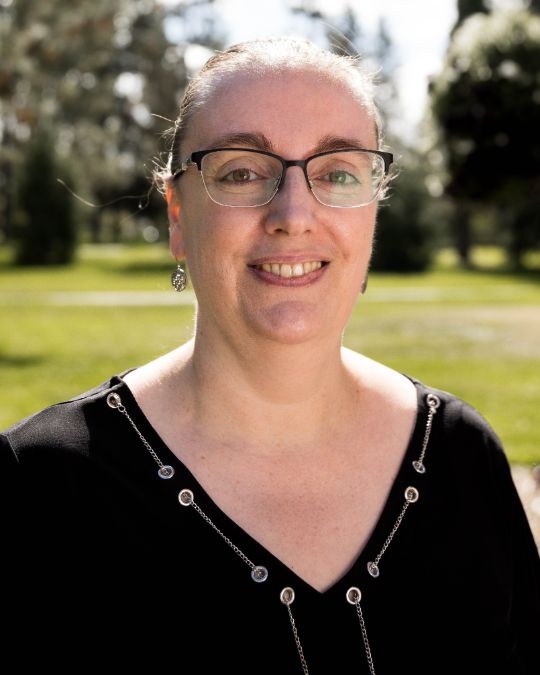Pre-Medical Technology Advising
Medical technologists are clinical scientists who work in hospital and clinic laboratories to analyze patients' tissue and fluid samples. They are part of the healthcare team and essential to the successful diagnosis and treatment of patients.
Pre-medical technology advising at Whitworth spans all the years of a student's education. Explore your career interests, receive personalized guidance, and gain skills and experience outside of the classroom that will prepare you to be a competitive applicant for professional programs and a compassionate future medical technologist.
